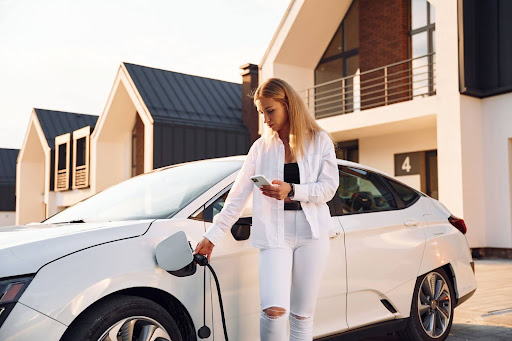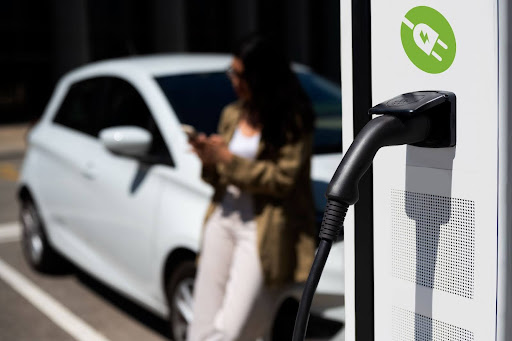What Qualifications Do I Need To Install EV Chargers?
As the world continues to embrace electric vehicles, the demand for electric vehicle (EV) charging stations is rapidly increasing.
However, many business owners are unsure about the qualifications needed to install EV chargers. In this blog, we will explore the qualifications required for installing EV chargers and provide answers to some frequently asked questions.
Looking to get an ev charger installed?

Contents:
- Understanding the Basics of EV Chargers
- Qualifications Required for Installing EV Chargers
- Steps to Installing EV Chargers
- Frequently Asked Questions (FAQs)
Understanding the Basics of EV Chargers before delving into the qualifications required for installing EV chargers, it is essential to understand the basics of EV chargers. Charging an electric vehicle is different from fueling an internal combustion engine. Therefore, EV chargers use a unique set of standards and protocols that determine the level of charging available. There are three main types of EV chargers: Level 1, Level 2, and DC fast chargers.
Qualifications Required for Installing EV Chargers
Installing EV chargers requires a certain level of expertise and qualifications. For larger installations, electricians with a journeyman’s license or higher are typically needed. For smaller installations, such as a home charging station, an electrician with a residential license may be sufficient. In addition to a license, electricians must be knowledgeable about EV charging standards and protocols, as well as local regulations and building codes.
Steps to Installing EV Chargers Installing EV chargers involves several steps, including site selection, equipment selection, and installation.
The first step is identifying the ideal location for the charger based on driving and charging habits. Business owners should consider accessibility, safety, and amenities when selecting a site. The second step is selecting the right equipment for the job, based on the location and charging needs. Finally, the installation process involves running appropriate wiring, mounting the charger, and testing the system to ensure it meets safety and performance standards.
Frequently Asked Questions (FAQs)
Do I need a permit to install an EV charging station?
Yes, you will need to obtain a permit from your local government or building department.
How much does it cost to install an EV charging station?
The cost of installing an EV charging station varies depending on several factors, including the type of charger, the location, and the equipment needed. However, the return on investment can be significant, especially for businesses.
How long does it take to install an EV charging station?
The installation time can vary depending on the complexity of the installation, but on average, it takes between 4 and 8 hours to install an EV charging station.
Conclusion Installing EV chargers can bring many benefits to businesses, including attracting new customers and boosting revenue. However, it is essential to have the right qualifications and expertise to ensure a safe and effective installation. By following the steps outlined in this blog and working with qualified electricians, businesses can take advantage of the growing demand for EV charging stations.









